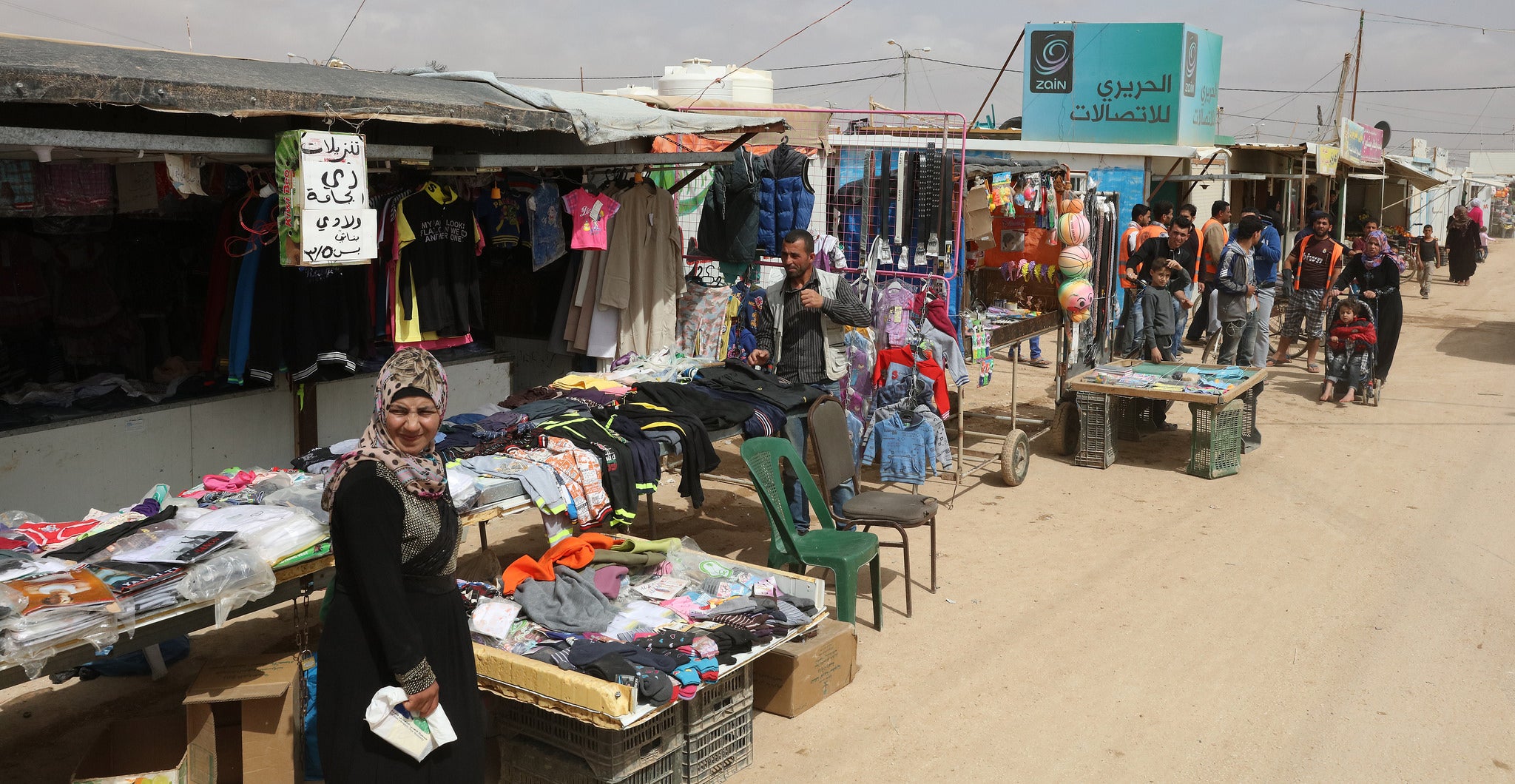
As millions of refugees from the Syrian and other crises try to build new lives in countries that will accept them, the host governments still grapple to find an evidence-based response to the question: what foreseeable impact will the refugees have on our citizens’ lives?
Our new working paper, “The Impact of Forced Displacement on Host Communities,” offers evidence-based analyses that provide initial answers to this question.
We reviewed available global data on the impact of forced displacement on household well-being, prices, employment, and wages in host countries. We collected 762 results from 49 empirical studies and using meta-analysis, uncovered some clear patterns in these four outcomes. The review covers major forced displacement crises over 93 years (1922–2015) and involves different types of displacement situations and host countries at different levels of economic development.
The study challenges the popular assumption that forced displacement is invariably negative for host communities by finding that forced displacement is more likely to deliver a positive outcome for host communities. More specifically, these are the topline findings from our review:
Forced displacement affects household well-being. The majority of the results considered (45–52 percent) show improved household well-being. Fewer than one out of 5 results show a decline in household well-being. Positive results seem to be induced by increases in consumer demand that translates into increased production, productivity, and service provision on the part of hosts.
- Price increases are more frequent than decreases (37–46 percent compared to 36–39 percent). Prices increase more frequently for food and rent, whereas decreases are more frequent among luxury goods, services, and labor-intensive products.
- The effect of forced displacement on employment among host populations is the most researched outcome among the studies we reviewed. In most instances (65–67 percent), forced displacement did not affect employment. Negative impacts were experienced fewer than one in four times, with negative outcomes associated with young and informal workers. Employment increased according to 12–14 percent of results.
- In most instances (55–59 percent), forced displacement did not impact wages among host populations. Wage decreases occurred more frequently than wage increases (22–27 percent compared to 13–22 percent), but declines tended to be short-lived and concentrated in middle-income countries.
What can we derive from these results? As is often the case in newly researched topics, the first conclusion is that more research is needed. The results should be treated with caution, as none of the studies used are entirely comparable, either because of differences in the models, data, estimation techniques, and instruments used or crisis analyzed. Future studies should not only ask what the impact of forced displacement is—as we did in our paper—but provide further evidence on the factors that drive these impacts, particularly for negative outcomes.
What does this mean for policy? Labor market policies can help normalize labor markets that have been upset by an inflow of displaced persons. There is some evidence that negative impacts on employment of hosts might be stronger in countries with more rigid labor markets. Restrictions on the right to work tend to result in refugees of all skill levels competing with low-skilled workers in the informal sector, potentially increasing negative impacts on already vulnerable groups. Allowing refugees to work will disperse the impacts across different sectors and skill levels.
Policy makers should also support additional job creation. Enterprises created by refugees can contribute to these efforts, if policies and regulations allow them to. Policies can also reinforce complementarities between forced migrants and native workers and increase the productivity of native workers by providing incentives to upgrade their skills.
Policy makers need to be aware of a potential trade-off between containing negative short-term impacts and improving the long-term prospects. Investments in labor market integration as well as social services such as health and education are costly in the short term but will pay off in the long term. Low- and medium-income countries need support from the international community to fund these investments.
This work is part of the program “Building the Evidence on Protracted Forced Displacement: A Multi-Stakeholder Partnership." funded by UK aid from the United Kingdom's Department for International Development (DFID).



Join the Conversation